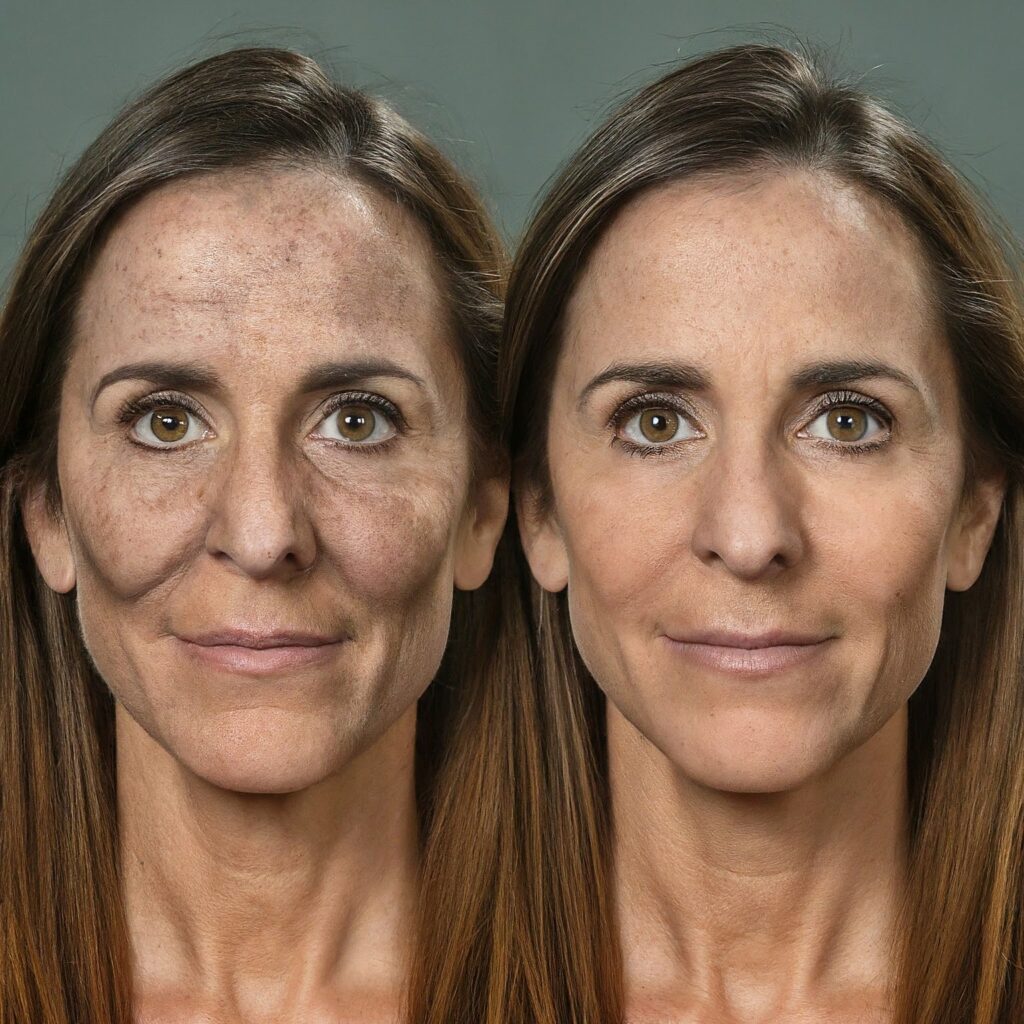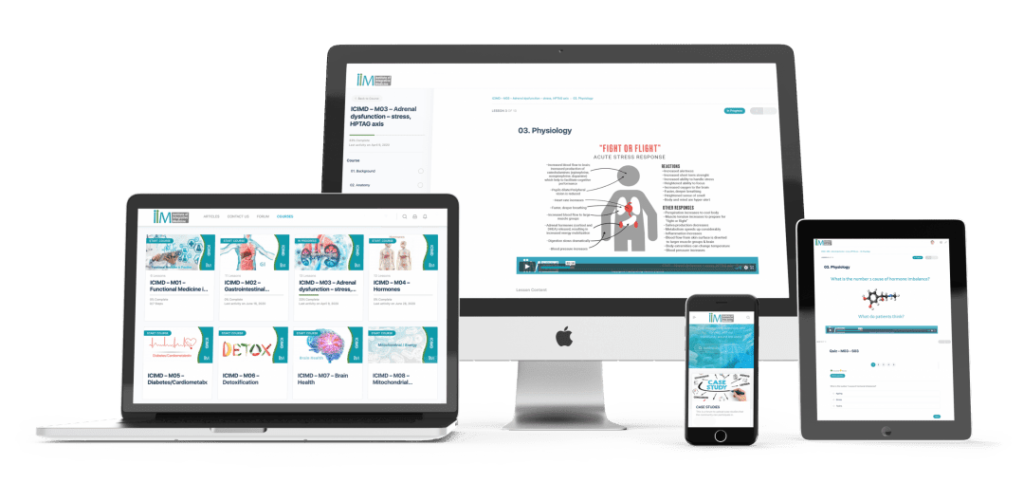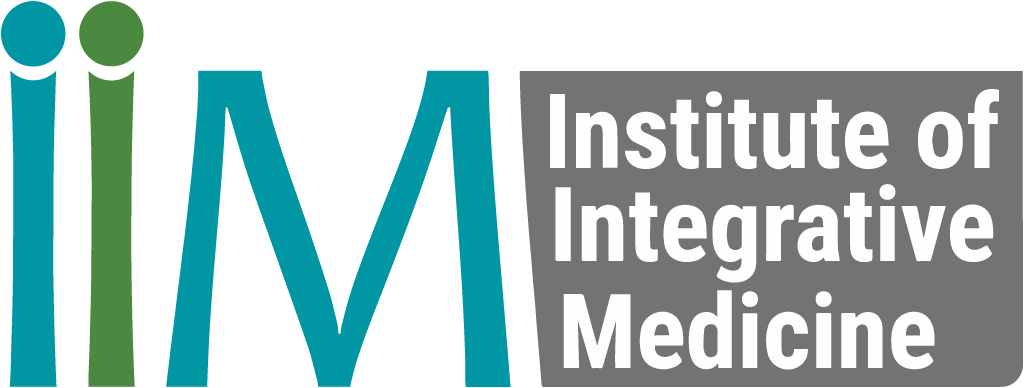Can Diet Influence Ageing? – Quality Foods & Epigenetics
Diet holds the key to unlocking healthier ageing. Dietary choices exert a profound influence on cellular ageing through epigenetics, the study of how environmental factors impact gene expression without altering DNA sequence. By understanding these intricate connections, you can empower patients to make informed food choices that positively impact their cellular health and overall well-being. A diet rich in essential nutrients and low in added sugars, coupled with personalised advice, is a cornerstone of preventive healthcare.
The body needs certain nutrients to stay healthy, especially when it comes to DNA – the instruction manual inside the cell. These important nutrients help to make copies of DNA, keep it in good shape, and fix it when it gets damaged. They also protect the body from harmful substances and reduce inflammation. Eating a diet rich in these nutrients helps protect genes and keeps the body functioning well.
Recent research offers compelling insights into how dietary choices impact cellular ageing. A study titled “Essential Nutrients, Added Sugar Intake, and Epigenetic Age in Midlife Black and White Women” by Dorothy T. Chiu, PhD, and colleagues explore the profound influence of diet on epigenetic ageing. In this blog post, we will delve into the key findings of this study and explore the link between nutrients, sugar, and epigenetic ageing.
Epigenetics and Cellular Ageing

Our cells age, and so do we. This cellular decline is a complex interplay of factors including telomere shortening, DNA damage, and mitochondrial dysfunction. But there’s more to the story. The epigenetic definition refers to the study of changes in gene expression that occur without altering the DNA sequence. These epigenetic marks, like DNA methylation and histone modifications, accumulate over time, creating an epigenetic clock that often ticks at a different pace than chronological age. Understanding this molecular timeline offers a new perspective on ageing, allowing us to explore how lifestyle factors impact biological age and identify potential targets for interventions to slow down the ageing process.
Understanding Epigenetic Ageing
Gene testing for methylation is a valuable tool for understanding epigenetic modifications. Epigenetic clocks, such as GrimAge2, are fascinating scientific tools that predict biological age independently of chronological age by examining DNA methylation patterns. It can help researchers understand how quickly or slowly a person is ageing and how this might relate to their health and risk of diseases.
Patterns reflect the cumulative effect of lifestyle, environmental, and genetic factors on our bodies. Unlike traditional measures of ageing, epigenetic clocks provide a deeper understanding of how we age at a biologically cellular level, offering a potential pathway to healthier, longer lives.
Quality Foods and Epigenetic Age
One of the study’s most striking findings is the association between diet quality and epigenetic age. Researchers evaluated diet quality using established indices such as the Alternate Mediterranean Diet (aMED), the Alternate Healthy Eating Index (AHEI)-2010, and a novel Epigenetic Nutrient Index (ENI).
- The Alternate Mediterranean Diet (aMED): is a dietary pattern that builds on the traditional Mediterranean diet. While the Mediterranean diet focuses on consuming plenty of fruits, vegetables, whole grains, legumes, nuts, and olive oil, the aMED might include additional or different food groups or proportions to potentially enhance its health benefits. It’s a modified version designed to target specific health outcomes.
- The Alternate Healthy Eating Index (AHEI)-2010: is a scoring system used to evaluate the quality of a person’s diet. It assigns points to different food groups based on their nutritional value. Foods considered healthy, like fruits, vegetables, and whole grains, receive higher points, while less healthy options like sugary drinks and red meat get lower scores. A higher AHEI-2010 score indicates a healthier diet overall.
- The Epigenetic Nutrient Index (ENI): a scoring system that assesses the impact of specific nutrients on epigenetic changes. An ENI is based on nutrients (not foods) that have been linked to anti-oxidative or anti-inflammatory processes and DNA maintenance and repair.
The results were clear: higher scores on these diet quality indices were linked to a younger epigenetic age. This means that diets rich in essential nutrients can positively impact the ageing process at the cellular level.
This finding underscores the importance of dietary counselling in patient care. Encouraging patients to adopt diets similar to those measured by aMED and AHEI-2010 could be a powerful strategy for promoting healthier ageing. These diets emphasise the consumption of fruits, vegetables, whole grains, lean proteins, and healthy fats, while minimising processed foods and added sugars.
The Impact of Added Sugar

Conversely, the study found that higher intake of added sugars was associated with an older epigenetic age. This aligns with existing evidence linking high sugar consumption to various adverse health outcomes, including obesity, diabetes, and cardiovascular diseases. However, this research adds a new dimension by demonstrating that added sugars can accelerate cellular ageing.
For medical practitioners, this highlights the critical role of reducing added sugar intake in patients’ diets. Educating patients about the hidden sugars in processed foods and beverages, and encouraging healthier alternatives, can help mitigate the negative impact of sugars on their health and ageing process.
Practical Applications in Clinical Practice
Nutritional Counselling:
- Reinforce the importance of balanced, nutrient-rich diets in patient consultations.
- Provide patients with practical dietary guidelines that align with the principles of the aMED and AHEI-2010 indices.
- Offer resources such as meal plans, recipes, and educational materials to support patients in making healthier food choices.
Personalised Dietary Interventions:
- Recognise that each patient is unique, and tailor dietary recommendations to individual needs, preferences, and cultural backgrounds.
- Use dietary assessments and patient history to identify areas for improvement and set achievable goals for dietary changes. Visit the IHP Mastery Program for more guidelines on personalised dietary interventions.

Preventive Health Strategies:
- Incorporate dietary counselling into preventive health strategies to reduce the risk of age-related diseases.
- Monitor patients’ dietary habits and provide ongoing support and motivation to maintain healthy eating patterns.
Epigenetic Testing:
- Consider the potential of epigenetic testing as a future tool to assess biological ageing and guide personalised dietary interventions.
- Stay informed about advancements in epigenetic research and its clinical applications.
Conclusion
The link between diet and epigenetic ageing offers a promising avenue for enhancing patient care and promoting healthier ageing. By understanding and leveraging these insights, medical professionals can empower patients to make informed dietary choices that positively impact their cellular health and overall well-being.
Encouraging diets rich in essential nutrients and low in added sugars, while providing personalised and culturally competent dietary advice, can become a cornerstone of effective preventive health strategies. As we continue to uncover the intricate connections between nutrition and epigenetics, the future of medical practice holds exciting possibilities for improving health outcomes and extending healthy lifespans.
How do I Become a Functional Medicine Practitioner to learn more about Diet and Ageing?

The Institute of Integrative Medicine is a global leader in the field of Integrative Medicine Education. Integrative medicine aims to be at the forefront of modern technology and new discoveries and focuses on the root cause of disease. A comprehensive understanding of nutrition’s role in genetic health underscores the importance of integrative medicine, emphasising the interplay between diet, lifestyle, and conventional treatments. Medical professionals with expertise in integrative medicine can provide patients with tailored guidance on optimising nutrient intake. We offer certified online courses helping you to take charge of your practice and improve the quality of life for your patients. Find out more about the courses we offer today!

